Feng shui plants – expert picks and placements for good energy in every room
Plus, the bad-energy houseplants to avoid in your home
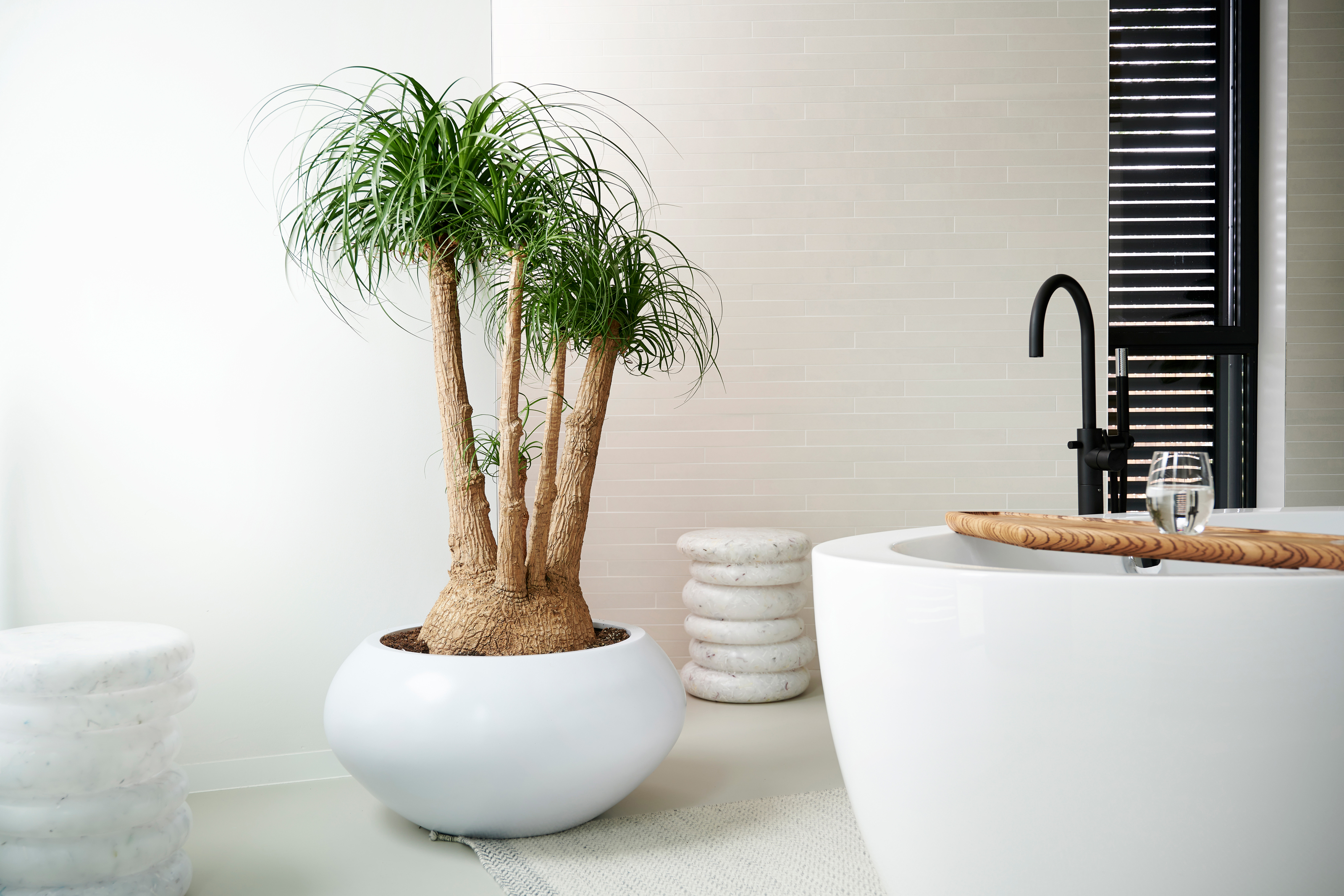

Did you know that Feng Shui plants are a thing? It shouldn't be a surprise that alongside furniture and architectural designs, plants can affect the energy of your space.
Just the sight of a lush, leafy plant can have a positive effect on you, but besides improving the aesthetics of a space, as per Feng Shui principles, they also invite qi or positive energies into the home. Certain varieties, some of which are luckily houseplants for beginners, are supposed to be nourishing for your personal growth and state of mind, some not so much.
'In Feng Shui, the locations and types of plants are very important,' explains Jessie Kim, founder of Ms Feng Shui. 'Add some life to your interiors with healthy plants that represent what you want and make your home look good as well.'
We spoke to Feng Shui experts about which plants would be ideal for specific areas in the house. Take a look, and increase the happiness quotient of your home.
What are the best Feng Shui plants?
It is believed that the wood element in plants aids in growth and inspires action in individuals, along with honing qualities of compassion, kindness, and flexibility. Plus, the color green is associated with life and rejuvenation.
While Feng Shui strongly recommends the influence of plants across the home, you may be surprised to hear that they're not recommended in bedroom Feng Shui in particular. 'You never want to have any plants in the bedroom,' says Jessie. 'Plants have working energy, and are active at night time so you do not want this in your bedroom where you are trying to rest.'
'You want to maintain the balance of yin (inactive) and yang (active) in your house,' adds Feng Shui consultant Dr Michael Oon. 'Plants are yang while the bedroom is yin, and so having greens in this space can disrupt sleep.'
1. Living room
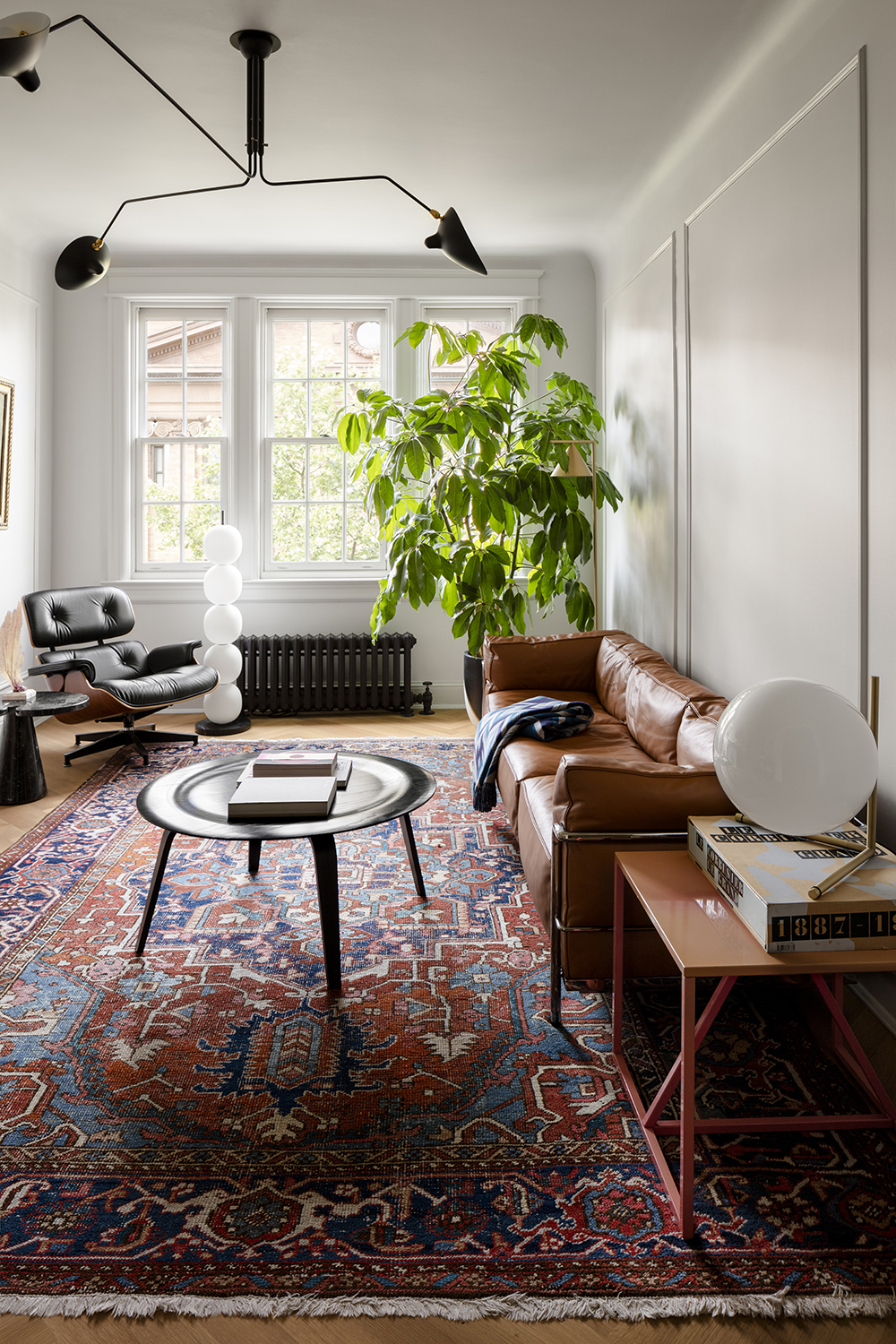
A modern living room stands for hospitality, friendship, family, relationships, and happiness. As per Feng Shui, plants that reflect this type of energy are ideal; ones that are easy to maintain, and look lush and healthy. Ideally, plants with soft, rounded, or heart-shaped leaves work best.
'You generally want to have short, rounded leaf plants in front parts of your house and tall plants with sharp, pointed leaves in the back or middle parts of your house,' says Jessie.
'When it comes to living rooms, there are three locations where the plants can be placed,' says Michael. 'South for fame and recognition; southeast for money and windfall luck; and east for health and luck.'
Best Feng Shui plants for a living room: Jade plant, ficus, philodendrons, peace plant, palm orchids.
2. Home office
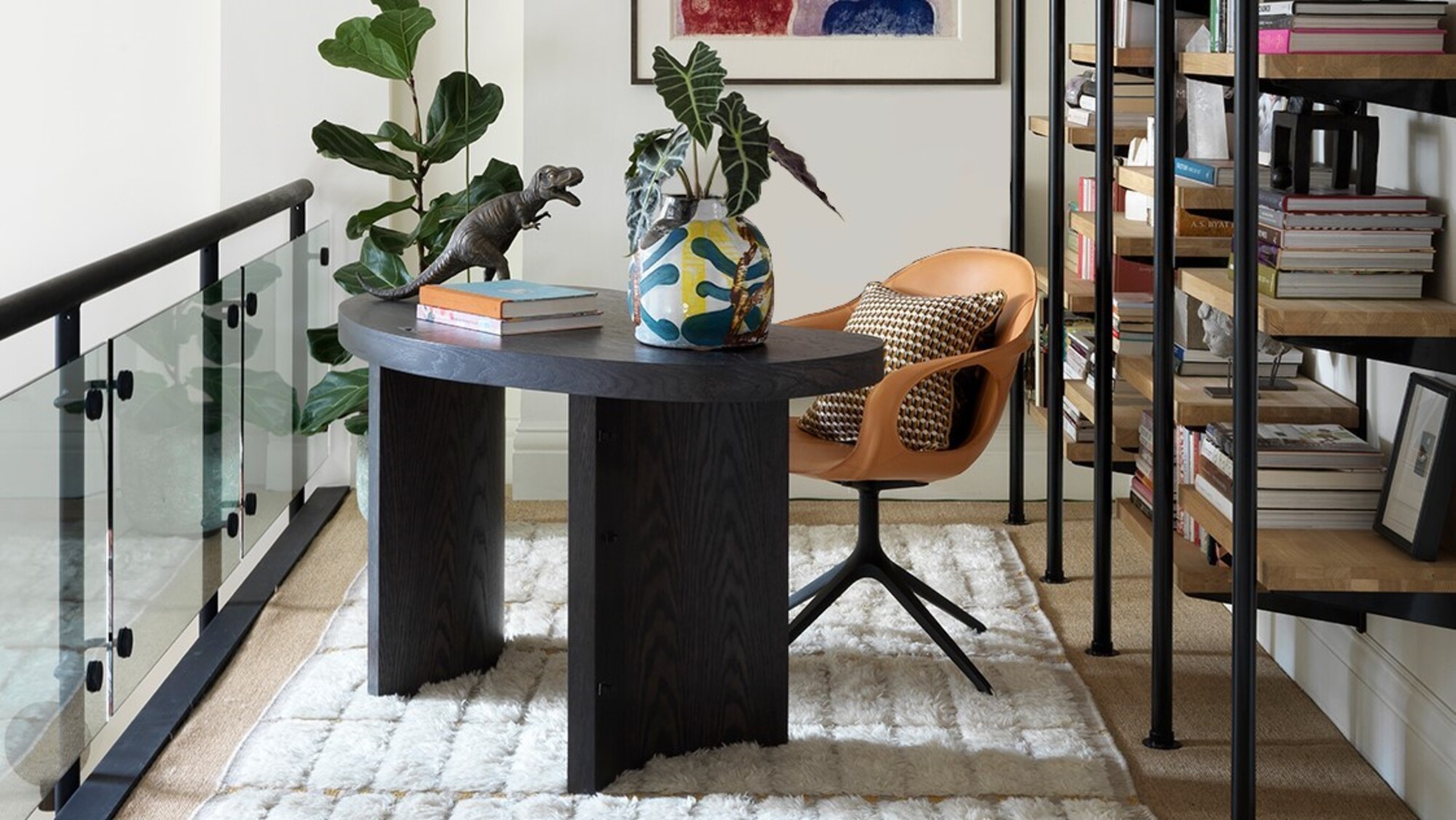
A home office is a place that fosters a free, productive flow of energy. To aid in this, choosing the right kind of indoor plants can go a long way. Ideally, since the desk denotes 'work' and 'passion', it is here that you should keep a small plant.
You can either place it in the wealth corner for good relationships or the marriage corner of the desk. This means the far-left corner or far-right corner from your desk chair respectively.
Choosing one of the best houseplants that cleans the air is also a good idea. 'In your office, you want to have a Snake Plant, also known as Mother-In-Law's Tongue (Dracaena Trifasciata) to help with the air purification and to block the EMF from the electronics,' says Jessie.
Best Feng Shui plants for a home office: Lucky bamboo, freshly cut Peonies, Snake plant, peace lily, money plant, Jasmine plant, Golden Pothos, Boston fern.
3. Bathroom
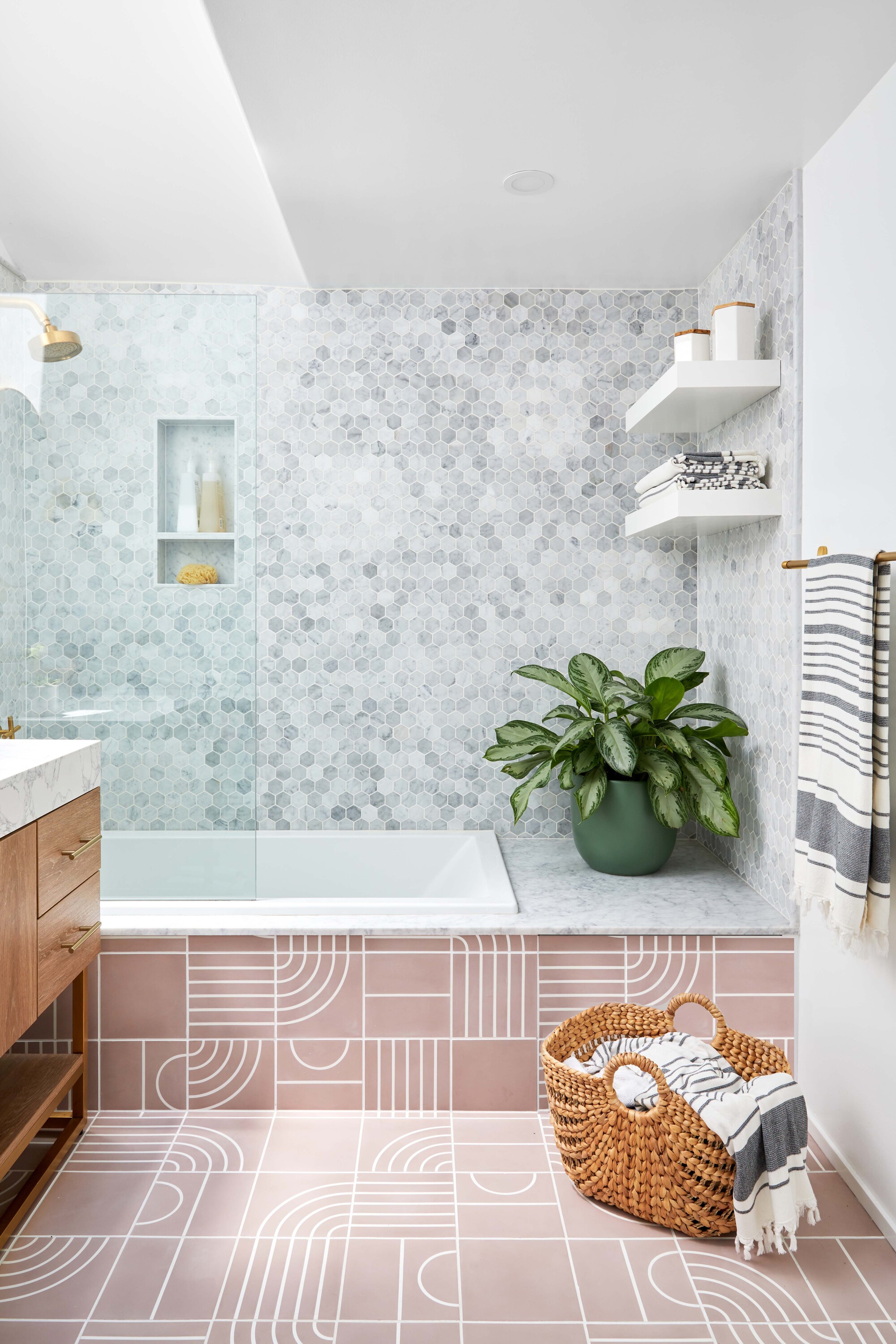
As per Feng Shui, the bathroom is considered a place where energy sources are lost or drained due to the multiple drains and the constant outward flow of water. This is why plants that renew, replenish, and balance are considered ideal for this space.
'A bathroom is considered a negative area in Feng Shui as energy is drained from the room – especially with the outflowing of water from the WC, basin, bathtub,' says Michael. 'Therefore, the ideal plants for the bathroom are those that like high humidity – for example, orchids. Their flowers are hardy and last a long time.'
Remember, since this is an essentially humid room, you will want to keep a close look out for how often to water these houseplants. Each variety has its own needs and watering requirements; many plants do not require hydration daily.
Best Feng Shui plants for a bathroom: Ferns, snake plant, Eucalyptus, Areca Palm, Begonias, Ficus Microcarpa, Philodendron.
4. Hallway
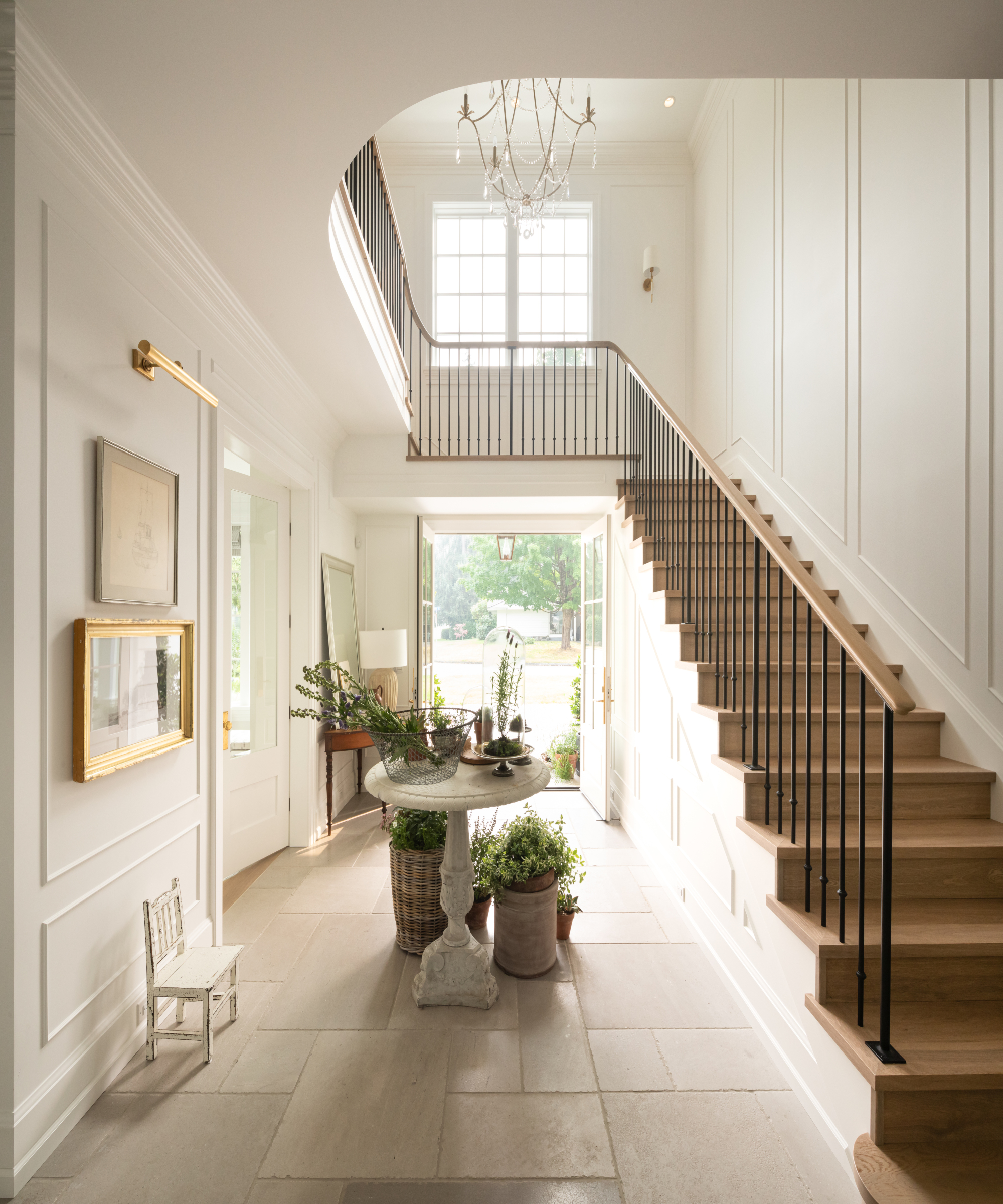
Usually, hallways or passageways are considered slightly tricky to decorate as these are relatively smaller, narrower, and are transitional spaces. The design ideally needs to be tapered down, and the area should only house essentials that do not crowd it too much.
In Feng Shui too, hallways have a reputation of being tricky to balance and create an advantageous flow of energy. But with the right plants, the energy circulating throughout this space and into your home can be turned positive and harmonious. Greens serve the purpose of drawing in and directing the flow of energy.
One thing to keep in mind is that the size of the plants should be smaller so that you do not block energy flow with a plant that’s too large. Another thing – a twisting hallway poses potential energy blocks. Use reflective elements like a mirror or a water feature around these corners to enable the seamless distribution of qi throughout your home.
Best Feng Shui plants for a hallway: ZZ plant, Chinese money plant, Money tree, Calathea.
What plants should you stay away from in Feng Shui?
'Usually, plants with bigger and/or more leaves are favored in Feng Shui as they have large surface areas to generate and retain qi,' says Feng Shui consultant Henry Fong. 'Avoid plants with straight and sharp leaves as these can generate 'Sha' or 'killing energy' that can be harmful to the occupants. As a rule, Bonsais are not favored as the plant is stagnated, forced, and bent into shape.'
Another plant that is considered negative is cactus. 'The simple reason is that they're spiky and thorny. This provokes arguments and clashes,' says Michael.
Dead plants, dried flowers, and empty pots are a no-no as well. 'They represent death and weaken the energy in your house or office,' says Jessie. 'If you have dead plants in your home, throw them out, especially if they don't grow back in two weeks.'
Maintaining plants well is equally important as choosing the right ones for your home. Treat mold on houseplant soil immediately and do not allow it to go unnoticed for long. Regularly water and provide food to the plant.
Which is the luckiest plant for the home?
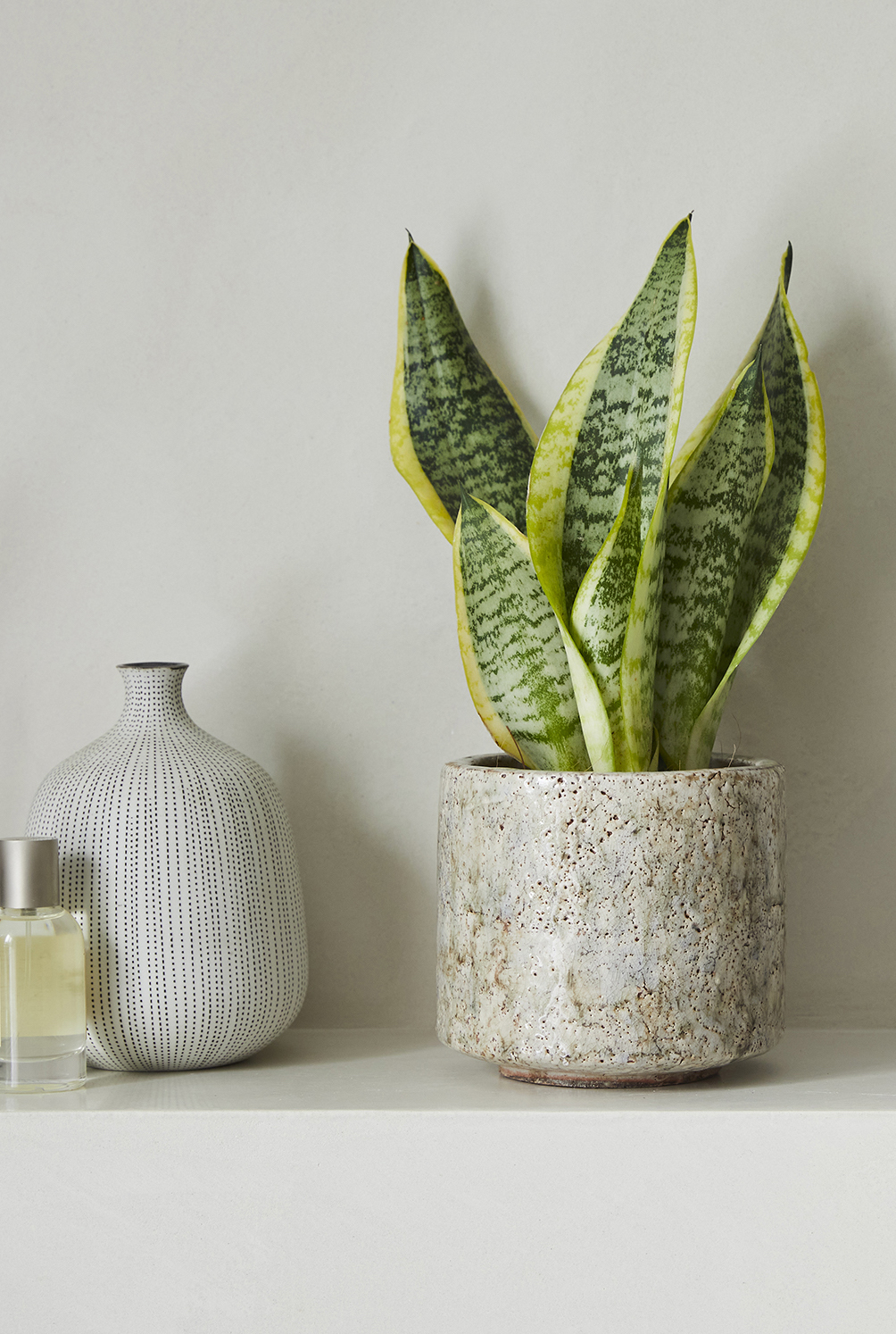
Generally, plants that clean the indoor air are considered healthy and positive for the home and dwellers. Plus, these can elevate your mood. What's even better is that plants that are considered lucky are also low-maintenance, meaning you barely need to lift a finger to reap their benefits.
Amongst the ones that are considered lucky are rubber plant, snake plant, jade plant, lucky bamboo, and Ficus ginseng.
Be The First To Know
The Livingetc newsletters are your inside source for what’s shaping interiors now - and what’s next. Discover trend forecasts, smart style ideas, and curated shopping inspiration that brings design to life. Subscribe today and stay ahead of the curve.

Aditi Sharma Maheshwari started her career at The Address (The Times of India), a tabloid on interiors and art. She wrote profiles of Indian artists, designers, and architects, and covered inspiring houses and commercial properties. After four years, she moved to ELLE DECOR as a senior features writer, where she contributed to the magazine and website, and also worked alongside the events team on India Design ID — the brand’s 10-day, annual design show. She wrote across topics: from designer interviews, and house tours, to new product launches, shopping pages, and reviews. After three years, she was hired as the senior editor at Houzz. The website content focused on practical advice on decorating the home and making design feel more approachable. She created fresh series on budget buys, design hacks, and DIYs, all backed with expert advice. Equipped with sizable knowledge of the industry and with a good network, she moved to Architectural Digest (Conde Nast) as the digital editor. The publication's focus was on high-end design, and her content highlighted A-listers, starchitects, and high-concept products, all customized for an audience that loves and invests in luxury. After a two-year stint, she moved to the UK and was hired at Livingetc as a design editor. She now freelances for a variety of interiors publications.
-
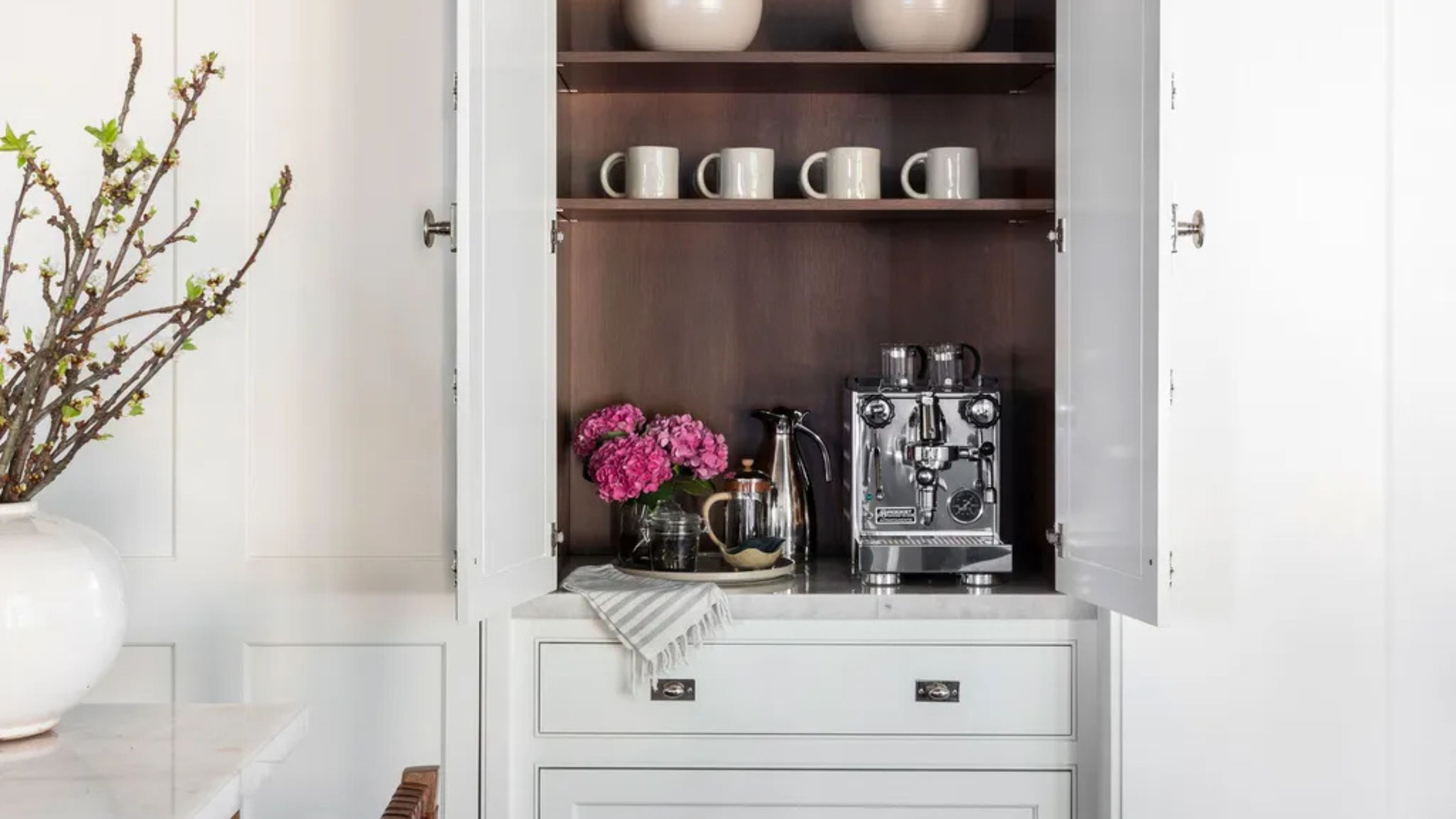 Turns Out the Coolest New Café is Actually In Your Kitchen — Here's How to Steal the Style of TikTok's Latest Trend
Turns Out the Coolest New Café is Actually In Your Kitchen — Here's How to Steal the Style of TikTok's Latest TrendGoodbye, over-priced lattes. Hello, home-brewed coffee with friends. TikTok's 'Home Cafe' trend brings stylish cafe culture into the comfort of your own home
By Devin Toolen Published
-
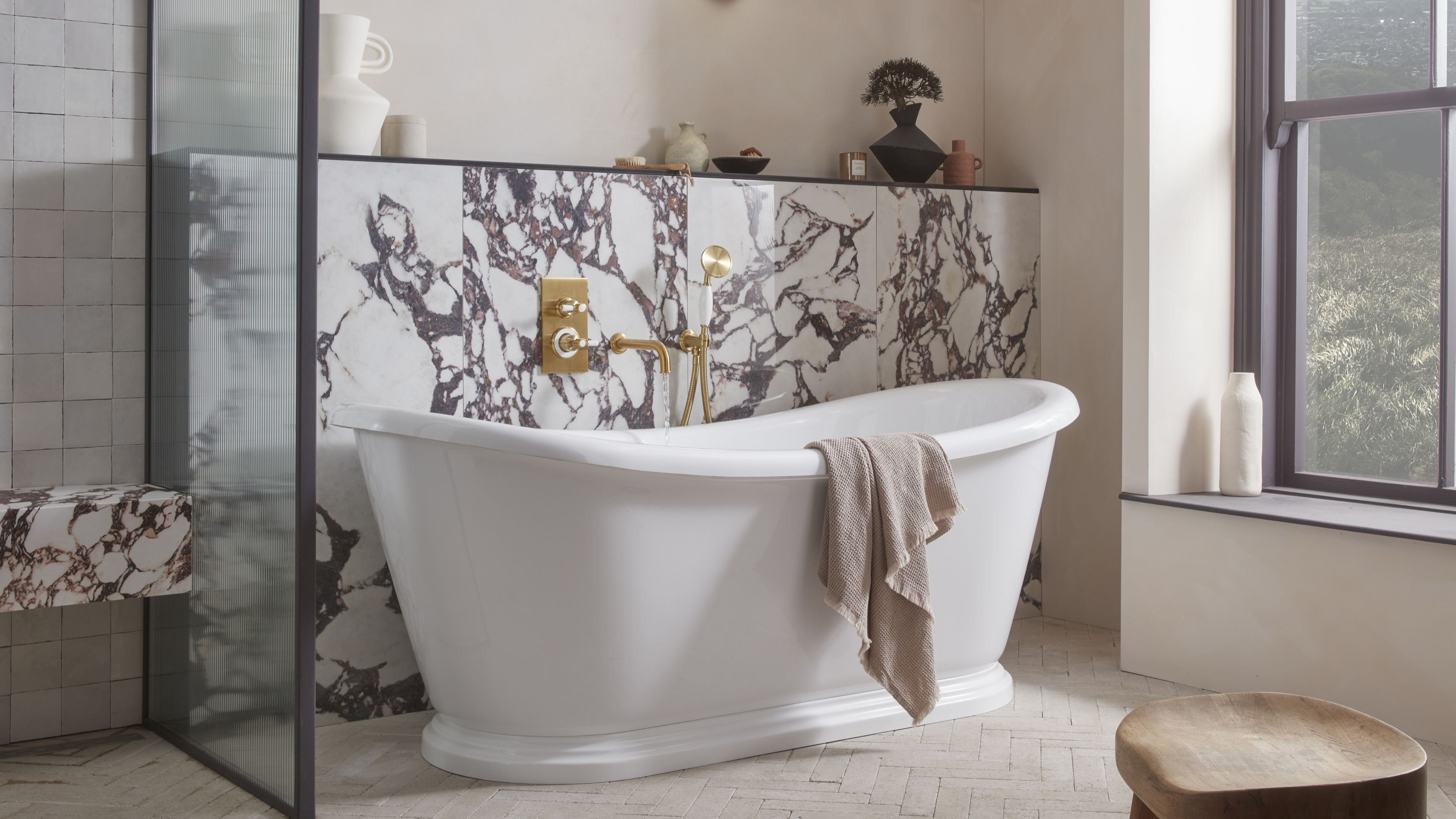 5 Bathroom Layouts That Look Dated in 2025 — Plus the Alternatives Designers Use Instead for a More Contemporary Space
5 Bathroom Layouts That Look Dated in 2025 — Plus the Alternatives Designers Use Instead for a More Contemporary SpaceFor a bathroom that feels in line with the times, avoid these layouts and be more intentional with the placement and positioning of your features and fixtures
By Lilith Hudson Published